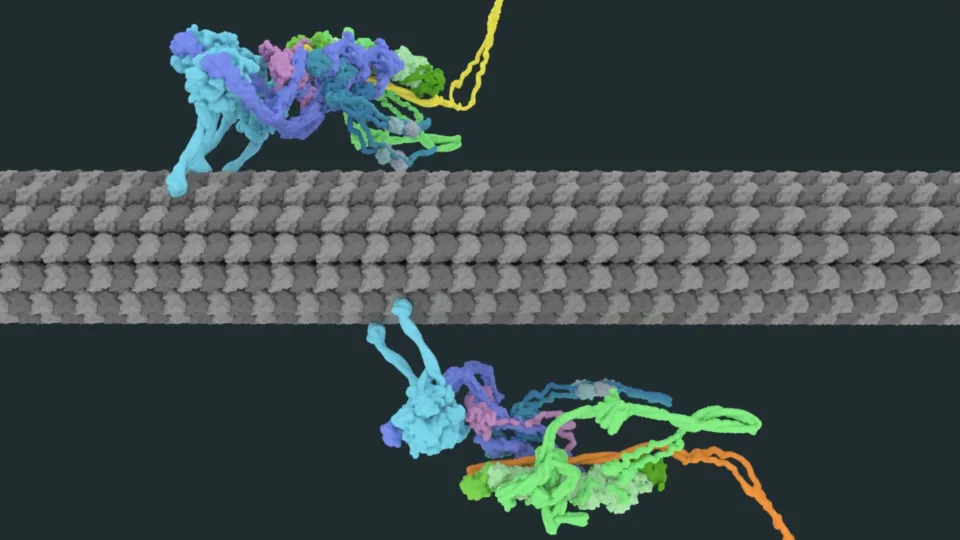News Brief
Assessing Brain Activity to Predict Dementia Risk
June 9, 2023
Detecting dementia early—before daily functioning is noticeably impaired—might allow for interventions that delay cognitive decline. The National Institutes of Health has awarded Pierfilippo De Sanctis, Ph.D., a five-year, $3.8 million grant to test whether dementia can be predicted by measuring patterns of brain activity in older adults engaged in complex gait (walking) tasks.
This investigation builds on extensive research by co-investigator Joe Verghese, M.B.B.S., M.S., and collaboration with co-investigator Sophie Molholm, Ph.D. Using novel portable electroencephalographic devices that they’ve developed, Dr. De Sanctis and colleagues will determine the neural signature of functional decline by comparing cognitively unimpaired older adults with and without subclinical Alzheimer’s disease as they perform complex gait tasks. By accurately predicting dementia risk at an early stage, this noninvasive and relatively inexpensive approach may help elderly people maintain their quality of life.
Dr. De Sanctis is an assistant professor in the Saul R. Korey Department of Neurology and of pediatrics at Einstein. Dr. Verghese is chief of the integrated divisions of cognitive and motor aging and of geriatrics at Einstein and Montefiore. He also is the Murray D. Gross Memorial Faculty Scholar in Gerontology, director of the Resnick Gerontology Center, and professor in the Saul R. Korey Department of Neurology and of medicine at Einstein. Dr. Molholm is professor of pediatrics, in the Dominick P. Purpura Department of Neuroscience, and of psychiatry and behavioral sciences, and co-director of the Rose F. Kennedy Intellectual and Developmental Research Center at Einstein. (1R01AG082188)



